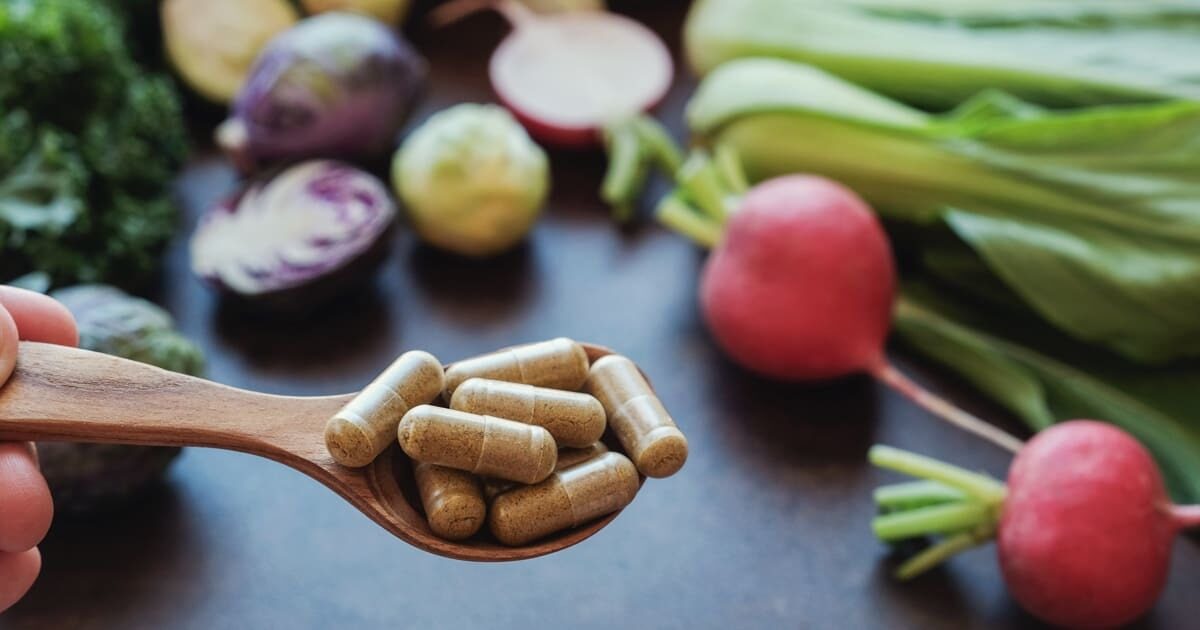The Ultimate Guide to Combining Fiber Supplements with a High-Protein Diet

Introduction
Are you fueling your workouts with protein shakes but struggling with bloating or irregularity? You’re not alone. High-protein diets are fantastic for building muscle and shedding fat, but they often lack fiber—a nutrient critical for digestion and long-term health. The result? Constipation, energy crashes, and a grumpy gut. The fix? Pairing your protein with fiber supplements. In this article, you’ll learn how this dynamic duo boosts digestion, immunity, and even weight loss, all backed by science. Let’s unlock the synergy between fiber and protein!
The Science Behind Fiber and Protein Synergy
Protein and fiber might seem like an odd couple, but they’re a match made in nutritional heaven. Here’s why:
- Protein breaks down into amino acids, fueling muscle repair and growth.
- Fiber (soluble and insoluble) regulates digestion. Soluble fiber (like psyllium) forms a gel, slowing protein absorption for better nutrient uptake. Insoluble fiber adds bulk, preventing constipation.
- Together, they feed gut bacteria, producing short-chain fatty acids (SCFAs) that reduce inflammation and strengthen immunity.
A 2021 Gut Microbes study found that combining fiber with protein increases SCFA production by 30%, enhancing gut health. For a deeper dive, explore how fiber supports a healthy gut microbiome.
5 Evidence-Based Benefits of Combining Fiber and Protein
1. Improves Digestion and Reduces Bloating
High-protein diets can slow digestion, leading to bloating. Fiber keeps things moving.
- A Journal of Nutrition study showed psyllium husk reduces bloating by 40% in high-protein eaters.
- Soluble fiber absorbs excess water, easing discomfort.
Pro Tip: Start with a low fiber dose to avoid gas. Learn more about fiber’s role in reducing bloating.
2. Supports Weight Management
Fiber increases satiety, helping you eat less without feeling deprived.
- A 2020 Obesity trial found participants taking fiber supplements lost 5% more weight than controls.
- Pair fiber with protein to stabilize blood sugar and curb cravings.
Check out the best natural fiber blends for weight management.
3. Boosts Gut Microbiome Diversity
A thriving gut microbiome is linked to better immunity and mood.
- Fiber ferments into SCFAs, which nourish gut lining cells.
- A Nature study found high-protein diets with fiber increase beneficial bacteria by 25%.
4. Enhances Immune Function
70% of your immune system resides in your gut.
- SCFAs from fiber reduce inflammation and activate immune cells.
- A 2022 review linked high-fiber diets to 20% fewer respiratory infections.
Discover how fiber supplements boost immunity.
5. Safe for Special Diets (Keto, Vegan)
Struggling to get fiber on keto or vegan diets? Supplements bridge the gap.
- Psyllium husk is low-carb and vegan-friendly.
- Hemp fiber adds plant-based protein.
Learn about fiber supplements for keto or vegan diets.
Fiber Supplements Compared
Not all fibers are created equal. Here’s a quick guide:
|
Supplement |
Type |
Best For |
Protein Pairing |
|
Psyllium Husk |
Soluble |
Constipation, cholesterol |
Whey protein |
|
Flaxseed |
Insoluble |
Digestion, omega-3s |
Plant-based protein |
|
Chia Seeds |
Soluble/Insoluble |
Hydration, energy |
Smoothies, yogurt |
|
Hemp Fiber |
Insoluble |
Vegan protein, minerals |
Pea protein |
Deep Dive: Psyllium vs. Flaxseed | Chia vs. Hemp
Fiber RDA, Sources, and Recipes
Daily Fiber Needs:
- Men: 38g
- Women: 25g
Natural Sources:
- Lentils (13g fiber + 18g protein per cup)
- Broccoli (5g fiber + 4g protein per cup)
Recipe: High-Protein Fiber Smoothie
- 1 scoop plant protein powder
- 1 tbsp chia seeds
- 1 cup spinach
- ½ cup berries
- Blend with almond milk. (15g fiber, 25g protein)
Risks and Considerations
- Overdose Symptoms: Gas, cramps (start with 5g/day, increase slowly).
- Medication Interactions: Take fiber 2 hours apart from meds.
- Pregnancy: Generally safe, but consult your doctor. Read more
FAQs
Q: When’s the best time to take fiber?
A: With meals to enhance fullness.
Q: Are organic fiber blends better?
A: They avoid pesticides. Learn why.
Q: Can fiber replace veggies?
A: No—supplements complement, not substitute, whole foods.
The Bottom Line
Pairing fiber supplements with a high-protein diet tackles bloating, boosts immunity, and keeps your gut happy. Start small, choose the right fiber for your lifestyle, and watch your energy soar.
Author Bio
Mike Hamilton, PhD, is a nutritional scientist specializing in men’s hormone health and dietary interventions. A Stanford University graduate, he’s published 50+ peer-reviewed studies on nutrition and metabolism. Connect with him on LinkedIn or learn more at www.truehealthbooster.com.
References: National Institutes of Health (NIH), Journal of Nutrition, Gut Microbes, Obesity, Nature.
